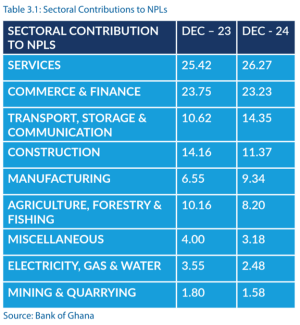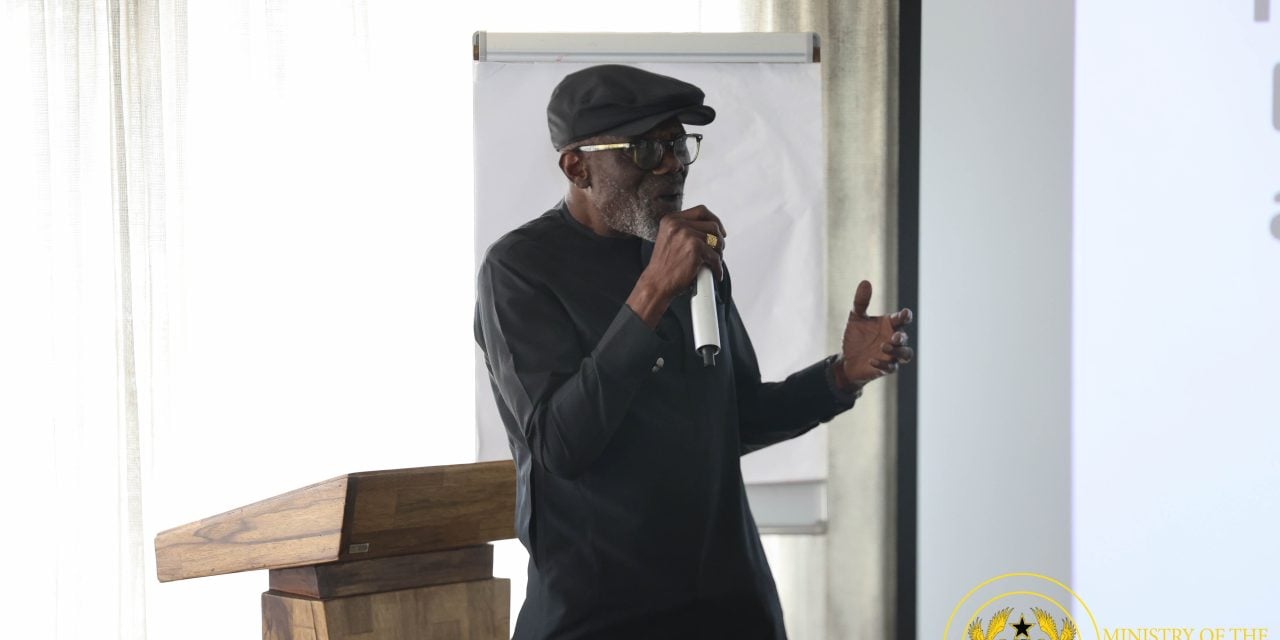
"You don't lead by pointing and telling people some place to go. You lead by going to that place and making a case." -Ken Kesey
Since January 7, 2017 when the president, Nana Addo Dankwa Akufo-Addo took over the leadership of the country, I have observed keenly with interest and respect the selection of attires he wears to events, programmes and functions.
At his inauguration on 7th January, 2017, the president appeared at the swearing-in ceremony wearing a Kente cloth, depicting the rich cultural heritage of Ghana.
After his inauguration on Independence Day which coincided with Ghana's 60th anniversary, president Akufo-Addo was spotted wearing a white smock, known as fugu, a traditional wear of northern Ghana- but has evolved with time to become 'batakari' in southern Ghana.
At occasions organized by the state and private sector organizations, His Excellency has been spotted wearing 'Made-in Ghana' Print, as we prefer calling it.
The just-ended ECOWAS tour aimed at establishing and rekindling Ghana's relationship with member countries to foster trading activities among members in the sub-region saw the president telling his neighbours he is a proud Ghanaian through his Ghana-made attires worn to most of the countries he visited including Togo, Burkina Faso and Côte d'Ivoire.
Vice President Dr Mahamudu Bawumiah, the first and second ladies of the Republic, some Ministers of state, including Trade and Industry Minister, Mr. Alan Kyeremanteng, Fisheries and Aquaculture Minister, Hon. Elizabeth Afoley Quaye and Tourism and Creative Arts Minister, Hon. Catherine Afeku, among others have also been spotted wearing African Print while performing their national duties.
What could have informed the decision of our leaders, notably the president, to showcase African print as their preferred attire on official assignments, at the expense of a French wear, or a 3-Piece suit?
Let as now take a look at the textile industry in Ghana, since they do the printing of these African attire we wear.
Importance to economy
The textile industry was once about the most important industrial player in the world's economy after tourism and information technology. In November 2004 for example, approximately 342 billion US dollars was the estimated monetary value generated in the textile industry globally.
In Ghana there are about 67 recognized textile industries some of which are Tex Styles Ghana Limited (GTP), Juapong Textiles, Volta Star, Ghana Textile Printing Co. Ltd., Akosombo Textile Company Limited (ATC), Premiere African Textile, Bowman Kente Weaving Enterprise and Printex, among others.
The textile industry is of tremendous importance to the country's economy, namely the provision of jobs for the people, especially people in the rural areas and generation of revenue and income to both government and persons involved in the weaving and production of textile products, leading to a rise in living standards.
With money in hand to the weaver; he or she can buy whatsoever he or she wishes to have in life, thus raising their living standards. It has also helped in the establishment of infrastructures such as building of textile industries.
Indeed available statistics indicate that the textile industry in Ghana was once booming and provided employment for over 25 thousand workers.
Challenges
In recent times, the textile industry in Ghana is saddled with challenges which saw most of the industries shutting down or folding up, rendering workers redundant.
Notable among the challenges is the low patronage of Made-in-Ghana textiles products by Ghanaians over the years. Many Ghanaians have the notion that Made-in -Ghana products are inferior, relative to European products; thus their desire to be seen wearing them vary from each individual, depending on their fashion sense, age, class and other societal considerations which go in favour of the developed world and to the detriment of the Ghanaian fabric.
The importation of fabrics from China, Holland and other developed countries is also a factor. Economies of scale enjoyed by countries classified to be in the first world allow industries to produce at a very low cost. Hence these imported goods come to the Ghanaian market at a lower price.
Another challenge is the domination of foreign outfits including 'already made wears commonly known as "obroni wawoo" which are comparatively cheaper.
One can also point to another setback in the sector as the cost of the finished products or materials as against imported ones. It is a known fact that textile traders are mostly adamant when it comes to cutting the fabric into smaller yards for customers thus buying the full piece wards off customers because of the price and less need for such volume of fabric.
Textiles - Government's Intervention
Over the years, various governments have tried making the textile industry vibrant to help make it a major player in the economy. Former President Kuffour instituted a 'National Friday Wear Policy ' in November 2004 which was championed by the Ministry of Trade and Industry under the leadership of Alan Kojo Kyeremateng. The initiative was aimed at projecting a unique Ghanaian identity through the use of local fabric and designs as a corporate wear.
This was followed by a failed attempt by the Ministry of Trade and Industry to move a step ahead to make the Ghana fabric an everyday wear under the leadership of Hanna Tetteh--the attempt failing as a result of attitude and negative conceptions about the fact that the Ghanaian fabric and designs are not corporate enough to be used every day.
Lately, government has put plans in place to curb the influx of textiles products from across the world and other African countries to help boost the sales and patronage of Ghana made textiles.
Government has also tried in its intervention to boost the textile sector, to allow only one entry point for textiles and textile products-- Takoradi port which is known as the single import corridor --to check the inappropriate entries of textiles through unauthorized routes and also a physical examination of such textiles to ensure that quality standards are adhered to.
Aside the measures mentioned above, a task force was set up to check illegal entry of textiles and as well protect the intellectual property of Ghanaian textile designers by encouraging designers and stakeholders to register their designs to avoid it being stolen and printed by other countries.
As the saying goes, "leadership by example", President Akufo-Addo after assuming office as Head of State can be said to be championing the 'National Everyday Wear Policy agenda' as he can be seen wearing it everyday, which I believe has compelled his Ministers to follow suit.
TEXTILES -BENEFITS
The move by the president, no doubt, has implications for individuals in the textile business, factories and the entire economy. First, it has the potential of marketing Ghana positively through foreign exchanges, increased sales and employment creation and also an available ready market for Ghanaian textiles across the continent.
The fabric, which is suitable for the harsh weather conditions, also brings health benefits since weather patterns vary from one country to another.
The textile fabric in sub Saharan Africa and can be a protective shield against excessive cold weather depending on the styles and shapes adopted in sawing to suit the weather conditions.
Conclusion
There is an important need for all to endeavor to rally behind our president to sell, promote, and engender the cause of wearing fabrics made in Ghana to boost our textiles and cotton industries, enhance trade and foreign exchange and stimulate good health among its populace in line with the temperature of West Africa.
President Akufo-Addo has actually walked the talk in reference to his popular slogan "I believe in Ghana".
Believing in Made-in-Ghana textiles-- we can build a collective better Ghana through wealth creation across the world thus discourage people from copying other cultures without thinking-- swallowing everything western hook, line and sinker. It is time Ghana and, therefore, Ghanaians abandon that path and endeavor to instill in our future leaders some sense of patriotism which include teaching and allowing them to express themselves in the Ghanaian language, (ewe,ga,twi,dangbani, krobo) among others; eating Ghanaian dishes (banku, akple, abolo, yakayakey, kenkey, red red, ampesi) and other delicacies, as well as inculcating in them Ghanaian values and norms which would keep the Ghanaian flame ablaze for all generations to come.
The writer is a staff of the Information Services Department.
Read Full Story













Facebook
Twitter
Pinterest
Instagram
Google+
YouTube
LinkedIn
RSS